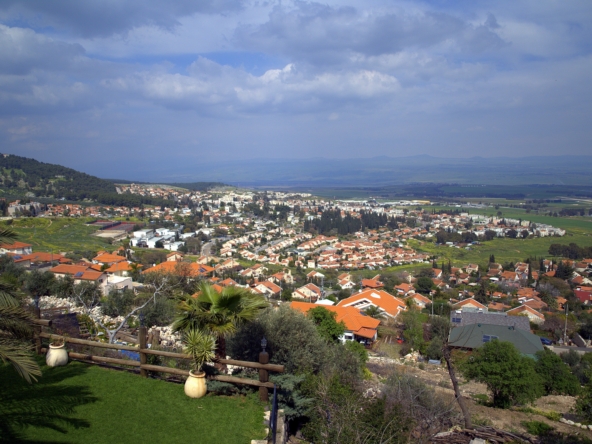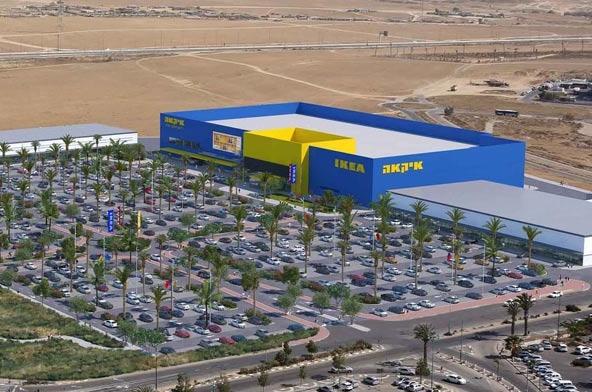Israel: Real Estate Crisis │ Housing Policy in the Short or Long Term in Israel
In recent years, there has been much discussion about the real estate market crisis in Israel, the causes of the crisis, the methods and means to resolve it. However, despite numerous attempts, no comprehensive solution has yet been found to bring about significant changes on the ground.
Read also: Construction: the new IKEA branch near Beit Shemesh will not open today
The causes of the housing crisis are numerous and include local processes as well as global processes related to population growth, urban expansion, changes in the labor market, technological developments, etc. The argument that often arises identifies the housing crisis as a crisis of supply and demand, particularly in new housing.
A Constant Increase in Prices
 The obstacles in the field of land marketing and the maintenance of procedures from the planning date to the marketing date contribute significantly to this crisis. Obstacles in the Land Use Planning Phase: Very often, outdated practices, a shortage of skilled workers, and insufficient industrialization amplify the problem. All of this leads to a constant increase in housing prices due to a limited supply of apartments that does not meet the growing demand. However, these reasons do not provide an accurate overview of the housing crisis and the reasons for its existence. The crisis is primarily a crisis in the accessibility of a large part of the public to property and not merely a crisis in the quantity of available housing.
The obstacles in the field of land marketing and the maintenance of procedures from the planning date to the marketing date contribute significantly to this crisis. Obstacles in the Land Use Planning Phase: Very often, outdated practices, a shortage of skilled workers, and insufficient industrialization amplify the problem. All of this leads to a constant increase in housing prices due to a limited supply of apartments that does not meet the growing demand. However, these reasons do not provide an accurate overview of the housing crisis and the reasons for its existence. The crisis is primarily a crisis in the accessibility of a large part of the public to property and not merely a crisis in the quantity of available housing.
Shortage of Affordable Housing
The limited number and shortage of small, affordable apartments accessible to low- and middle-income families, both in terms of purchase status and long-term maintenance, exacerbate this crisis.
there is now a shortage in the market and it takes time to master and implement the solution
Moderate long-term rental, despite the decision to allocate 33% of rental apartments for the long term in housing project developments, has not yet been fully implemented. It would be welcome, but as the State of Israel has avoided this solution for many decades, there is now a shortage in the market and it takes time to master and implement the solution.
Cooperative Housing, the Solution for the Future
Moreover, the absence of additional financial mechanisms for the construction and ownership of housing reduces the possibility of purchasing an apartment at a reduced price. Cooperative housing is a model that allows for the purchase of a share in the building as an alternative investment channel for the bank or as a pre-arranged residential option. Cooperative housing offers the possibility of creating residential complexes that allow for long-term savings and are therefore suitable for the implementation of green buildings.
Another option being considered is green construction, which will result in more cost-effective resource construction and lead to a long-term reduction in the cost of living. This option will give Israel a competitive advantage in construction technologies and solutions in global markets and contribute to the development of a local economy that generates jobs.



